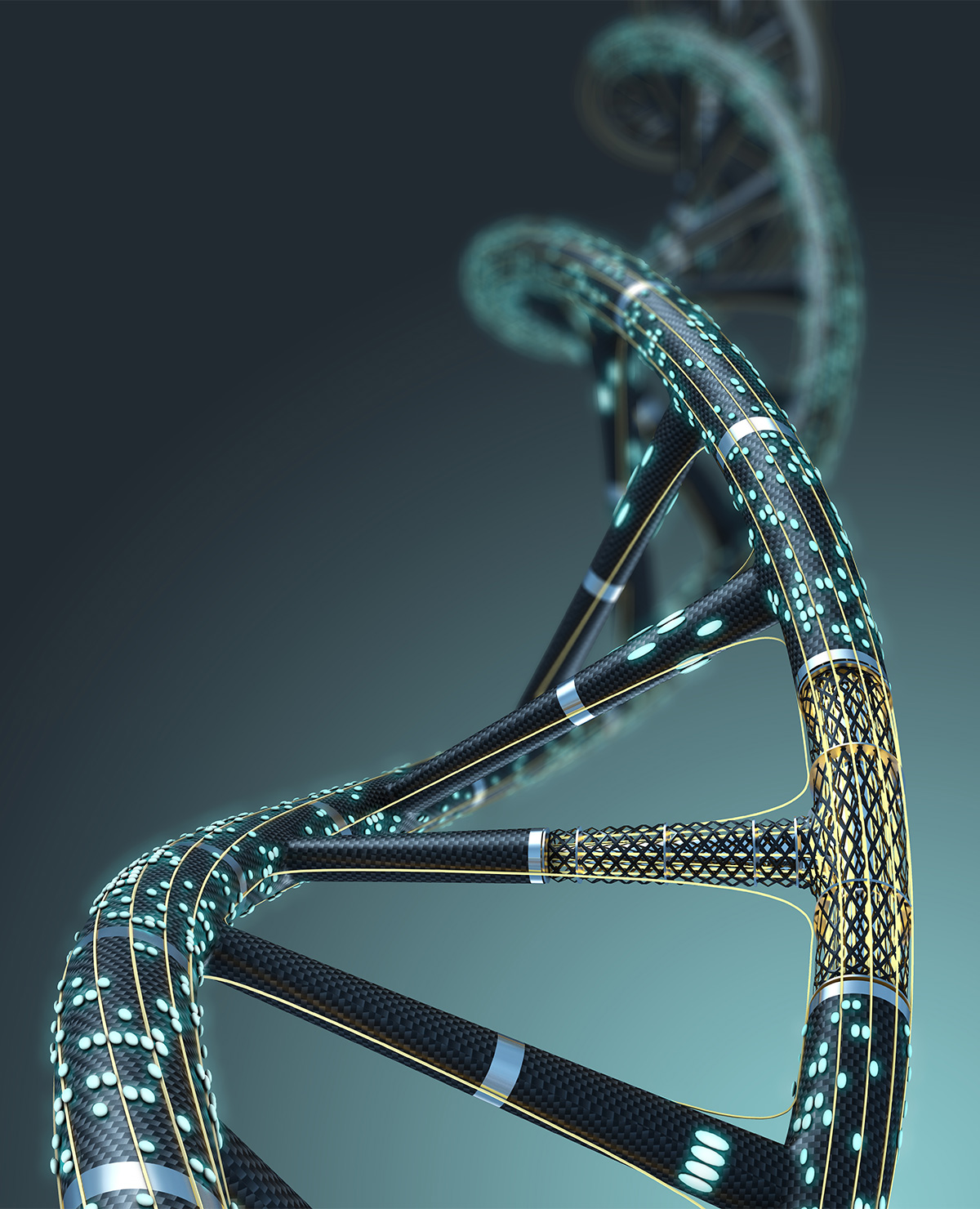Topics
2025.06.18
Announcement
Yuqiao Yang has published an authored paper in IEEE Access
A paper by Yuqiao Yang, a doctoral student in Suzuki Laboratory, has been published in IEEE Access.
Conglaturations!
Yang Y., Sato M., Jin Z., and Suzuki K.: Patch-based Deep-learning Model with Limited Training Dataset for Liver Tumor Segmentation in Contrast-enhanced Hepatic Comput Read more...
2025.06.18
Project
Prof. Suzuki has been awarded a national research grant from JST
Dr. Suzuki has been awarded a research grant as a Principal Investigator for a national research project from JST K Program by Japan Science and Technology Agency (JST). Read more...
2025.06.18
Announcement
Our research was featured in Eurekalert!
Our research accepted by IEEE Access with Yuqiao Yang as first author was introduced in EurekAlert!
MHP-Net: A revolutionary AI model for accurate liver tumor segmentation for diagnosis and Read more...
2025.06.11
Announcement












